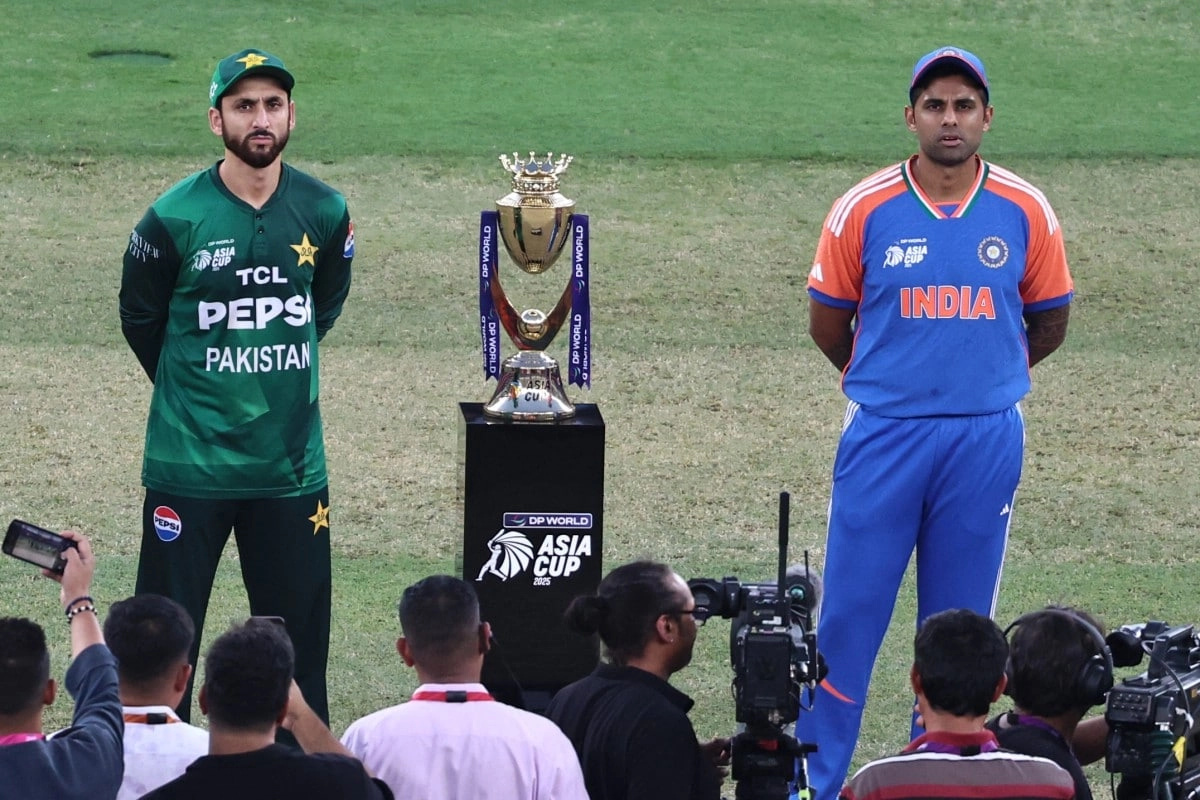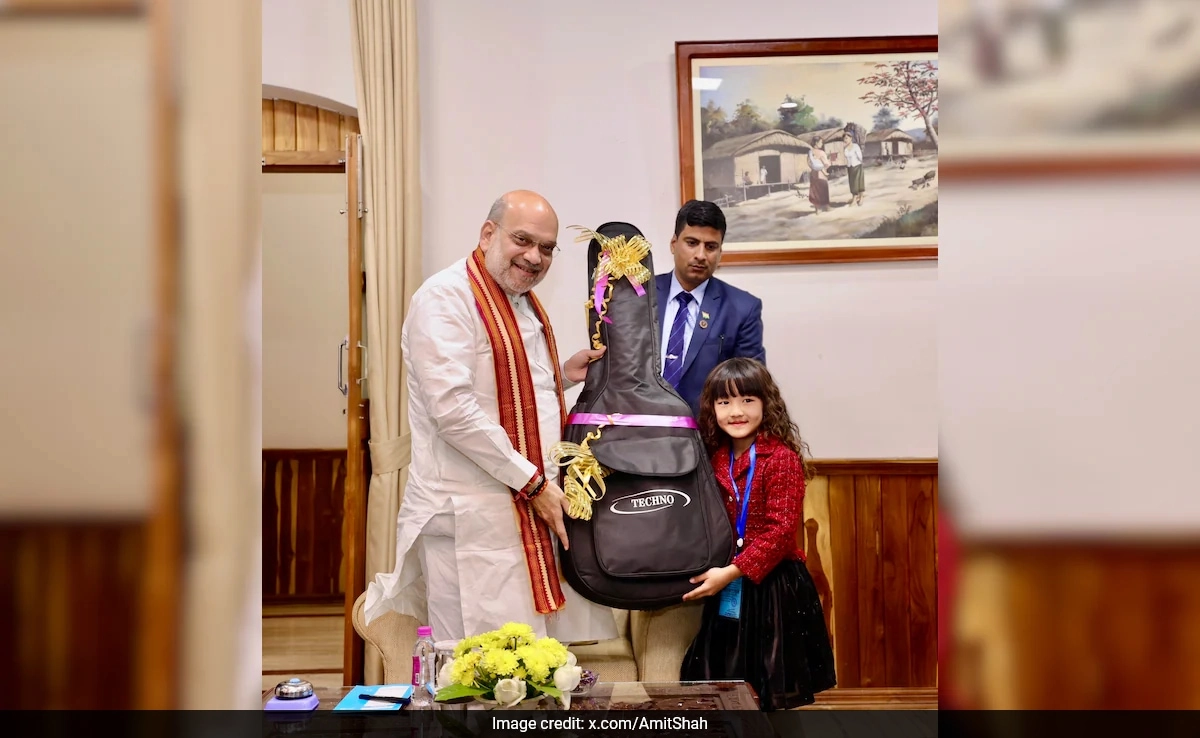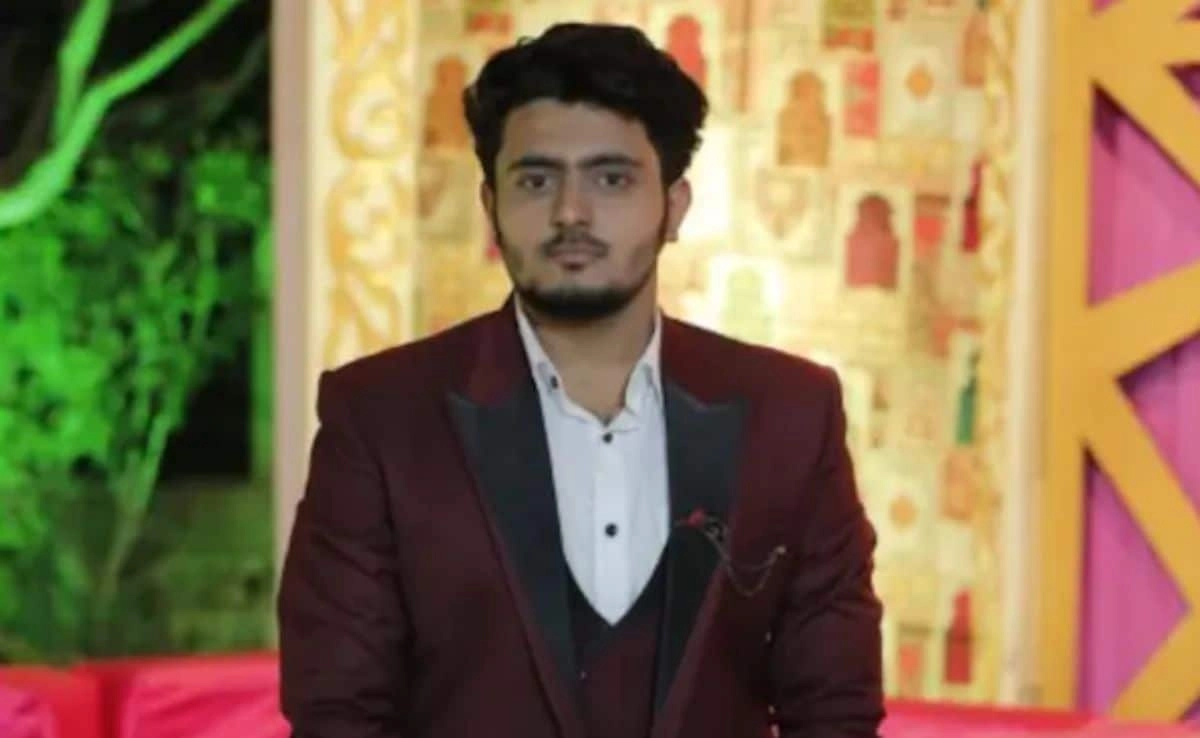In a surprising turn of events during a highly anticipated cricket match, former Indian cricketer Ravi Shastri opted to skip the traditional toss interview with the captain of the Pakistan team. This unexpected move has generated significant buzz across social media platforms, leaving fans and analysts alike in astonishment. The toss interview, often considered a crucial part of the pre-match rituals, typically serves as an opportunity for the captains to discuss their strategies and provide insights into their respective teams’ preparations. Shastri’s decision to bypass this moment has sparked various reactions, ranging from confusion to speculation about underlying reasons.
Shastri, known for his charismatic presence and insightful commentary, has always been a staple in cricket broadcasting. His absence from the toss interview was particularly noticeable given the historic rivalry between India and Pakistan, which adds an extra layer of anticipation to such encounters. Many fans took to Twitter and other social media platforms to express their thoughts on the matter, with some praising Shastri for his boldness while others questioned the implications of his absence. The unexpected nature of this move has not only stunned cricket enthusiasts but also ignited discussions about the evolving role of commentators and analysts in the sport.
As the match unfolded, the focus shifted from the absence of the toss interview to the on-field action, but the echoes of Shastri’s decision lingered. Analysts speculated that the move could signify a shift in how the media engages with players and captains, possibly indicating a desire for a more streamlined approach that prioritizes the game over pre-match formalities. Regardless of the motivations behind it, Shastri’s choice has undeniably left a mark on the cricketing community, prompting fans to reflect on the significance of such interviews in the context of modern sports broadcasting.
In the aftermath of this incident, many are left wondering about the evolving landscape of cricket commentary and the role of former players like Shastri in shaping the narrative around the game. As cricket continues to grow in popularity and reach, such bold moves may pave the way for new forms of engagement between players and fans. Whether this decision will have lasting implications on how pre-match rituals are conducted remains to be seen, but one thing is clear: Ravi Shastri’s choice to skip the toss interview has certainly made waves, and the cricketing world is keenly watching for the next developments in this intriguing saga.




